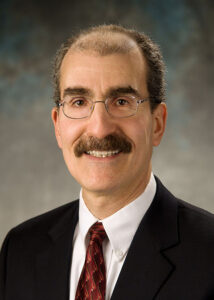http://s.uconn.edu/meseminar10/1/21
Abstract: The development of aerospace products suffers from chronic cost and schedule overruns and derivative designs, while innovative products are needed on time and on budget. We’ll examine the primary failure modes of conventional system-architecting practice that have led to these symptoms and how to avoid them. We’ll consider how to answer the 5 key questions with which product-development teams struggle – how to determine the best performance achievable given a set of technologies, how to find a small diverse set of high-value architectures, how to identify the technology options that are critical for early investment before the final architecture is selected, how to set technology-development targets, and how to know what properties a new technology would need to be worth its development. People are actually poorly suited to certain architecting tasks; we’ll describe how people’s skills tell us to which architecting tasks they’re really well suited to contribute. Finally, we’ll describe a methodical approach to system architecture that researchers at Raytheon Technologies Research Center have been developing and successfully applying for product architecting across RTX.
Biographical Sketch: Dr. Zeidner leads the development and application of RTX’s DISCOVER ecosystem of advanced methods and tools for the conceptual design of RTX products, from the component level of product engineering, all the way up to the campaign level of multi-product operations. Dr. Zeidner has 25 years of experience in the development of system architectural-design methods and collaborative processes and tools for engineering innovation and decision-making. His areas of expertise include design-space exploration, system modeling, risk analysis and software architecture. While at RTX, he has developed the Concept Generation and Selection (CGS) process, which has been successfully applied to over 200 projects across RTX’s business units, enabling large, non-collocated teams to brainstorm productively. He holds 4 patents and has earned fifteen internal RTRC awards for technical achievement. Prior to joining RTRC, Dr. Zeidner taught and conducted research as an Assistant Professor of Manufacturing Engineering at Boston University on the topics of design-to-manufacture and advanced software-development methods. Dr. Zeidner obtained his PhD in Civil Engineering in 1983 from Princeton University.
